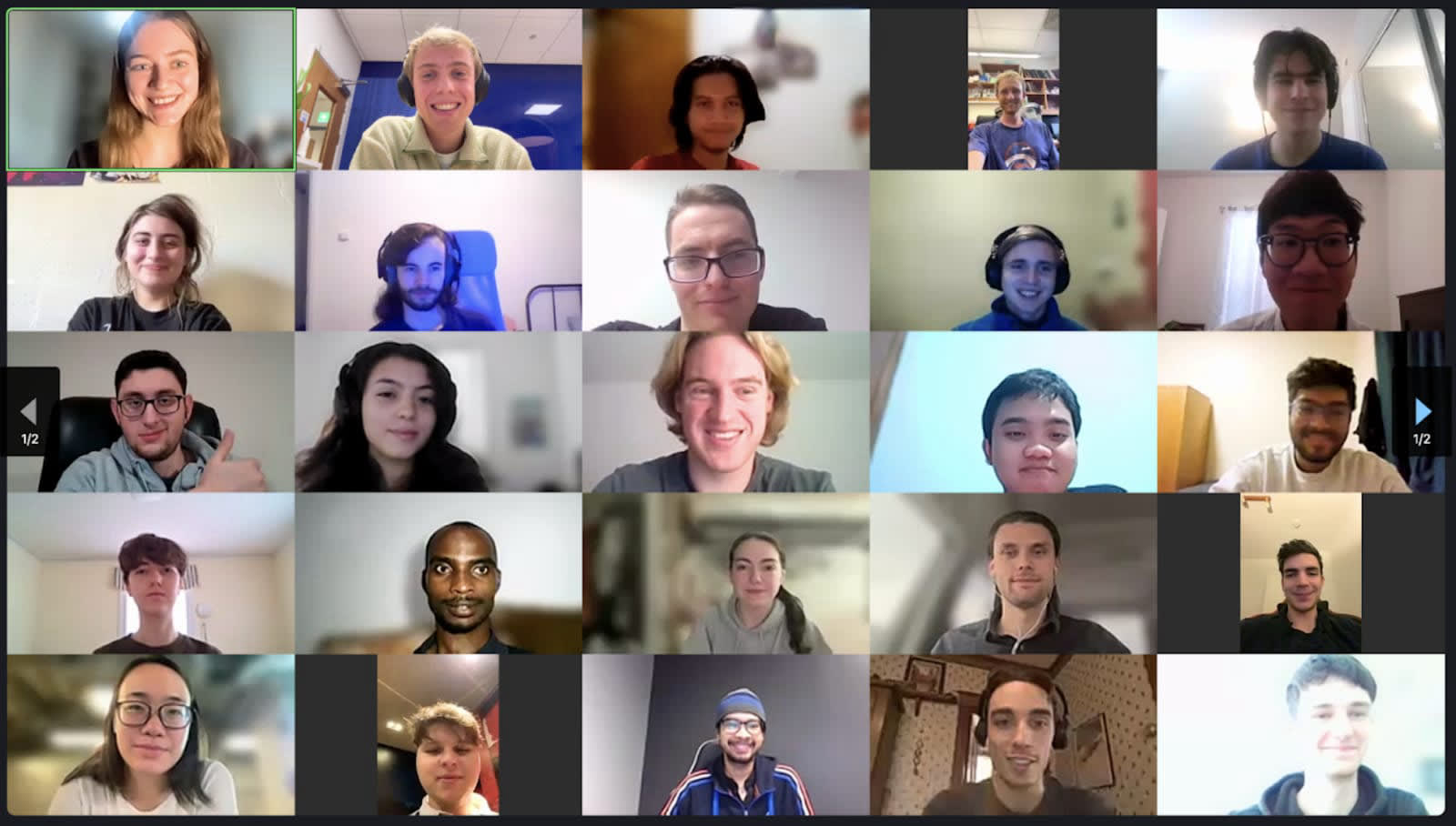Many U.S. congressional internship applications are closing in the next few weeks for Fall (Sep- Dec) internships. This is a relatively low-effort, high reward thing to do if you you’re interested in testing your fit for policy.
I interned in my congressional office for a semester just from off-the-cuff applying to test my fit and build my resume. This experience has been incredibly helpful (I now work for the US government and it gives me some more credibility in D.C). Many applications are closing within the next 1-2 weeks. We’re offering to support anyone considering applying.
This is a particularly good fit if you’re:
- Interested in working in policy, politics, or governance solutions to problems
- An undergraduate student
- Able to work part-time (10+ hours per week)
If you think this could be a good opportunity, we recommend:
- Reading this guide to internships which has information on which offices to choose from and how to apply and more (including this helpful link of all the Congressional office internships)
- Making a list of offices you think you’d be a good fit for
- Applying! When in doubt, apply - there’s no harm in applying if you’re serious about exploring this opportunity. We’re offering to support if you’re interested.
Sign up to get support applying here
Things we can help with:
- Whether or not you’d be a good fit for the positions
- Review your resume, cover letter & offices you’re interested in
- Accountability for submitting applications by the deadline



College students interested in this may also want to check out remote government internships via VSFS! Here are the open positions